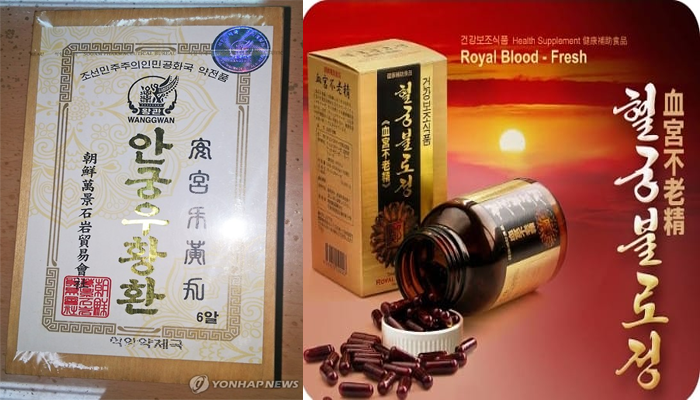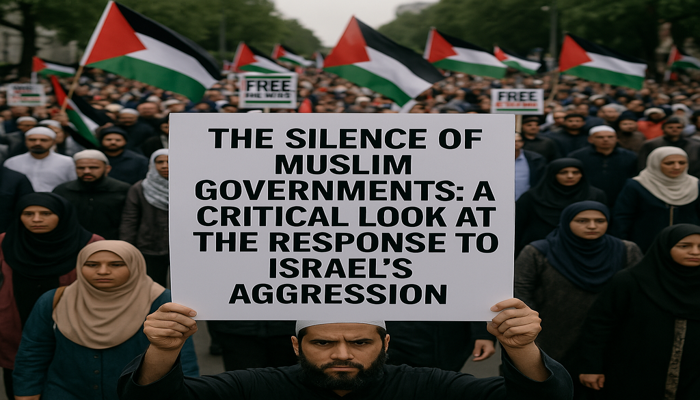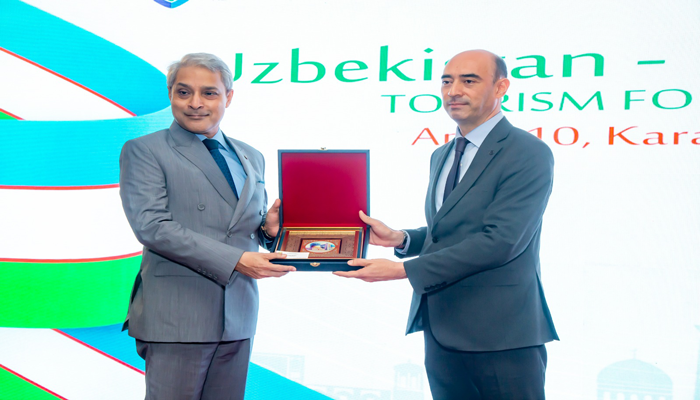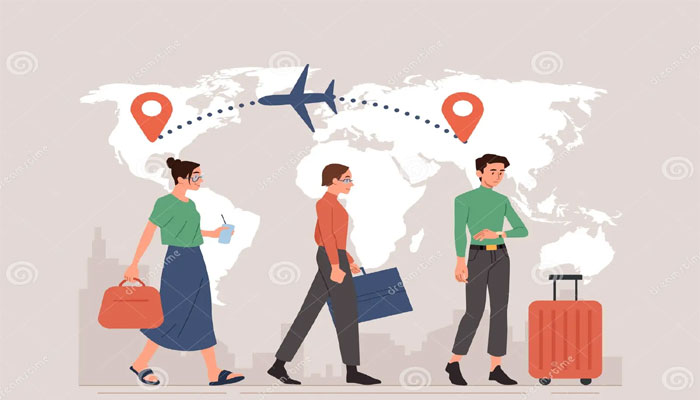In North Korea, women are referred to as "one wheel of the revolutionary cart". A popular song titled "Women Are Flowers" describes women as "the flowers of the nation". The country commemorates November 3rd as "Mother's Day" to further emphasize the role and significance of women. Propaganda claims that women in the so-called paradise of the people enjoy a life of unparalleled happiness.
But are North Korean women truly happy? Are they, before being women, able to live with dignity as human beings? Generally, women's rights include freedom from sexual violence, the right to vote, the right to hold public office, equal rights under family law, and access to education. Viewed through the lens of human rights, their lives are deeply tragic.
I have captured the lives of North Korean people across the Yalu and Tumen Rivers at the China-North Korea border using a telephoto lens to share their stories with the world. In the bitter cold of winter, where temperatures drop below -35°C, it is North Korean women who must fetch water or do laundry on the frozen river. In this harsh reality, where electricity and water systems are Inadequate, even a sip of water must be obtained from a river or well. Appliances we take for granted, such as washing machines and dryers, are luxuries beyond Imagination for them.
In this isolated country, where the borders are tightly sealed, there isn't even access to basic fertilizer for farming-human waste is still used instead. Transporting human waste to the fields, known as the "manure battle," is an obligatory winter task for North Korean women. Running the household economy also falls on their shoulders. They must sell whatever they can in local markets to support their families, and this often leads to illegal and frequent sexual exploitation.
The human rights violations faced by North Korean women trafficked to China are unimaginably severe. Faced with the threat of starvation, crossing the border in search of food is often their only option - yet this makes them easy targets for human traffickers. Around 80% of North Korean defectors who arrive in South Korea are women, and among them, approximately 70% have experienced trafficking in China. Those fortunate enough to safely reach South Korea are the exception. Many are forcibly repatriated by China, and upon their return, endure brutal violence in detention facilities. Simply crossing the border is enough to subject them to invasive strip searches, torture, and abuse.
Forced marriages with Chinese men add to their suffering. Children born from such unions complicate their lives further. As mothers, being forcibly separated from their children leaves lasting trauma.
How much longer must we bear witness to such realities? One North Korean defector I met in China once said, "The most pitiful people in the world are not just North Koreans, but North Korean women." The international community has become aware of these human rights violations through testimonies of defectors who survived forced repatriation or trafficking. Yet their voices remain faint, blocked by insurmountable walls. The horrors they endure are ongoing, and there is a severe lack of policies or support in place for them.
Our attention to the human rights of North Korean women is the key to breaking the chains of dictatorship. Let us not turn away from the desperate cries of North Korean women, echoing even at this very moment. I earnestly plead that you extend your hand to those trapped in this abyss.









